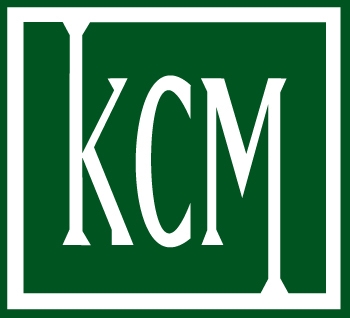Does your 401(k) Adviser Act as a Fiduciary?
Over the last year, I have received a number of questions about being a fiduciary for 401(k) plans and how the new DOL Fiduciary Rule is going to change my business. Most of these questions are coming from people within the industry. In truth, The DOL Fiduciary Rule is not changing my business at all.
For those of you who are not familiar with the new rule, all advisers who work with retirement plans are going to have to act as fiduciaries starting in 2017. What does this mean? It means advisers may no longer receive commissions or back-end fees for advising on retirement plans.
More importantly, the new rule means that advisers will have to put their clients’ best interest before their own. This is a huge shift from how the 401(k) industry has been run in the past. Yes, there have always been advisers and there will always be advisers who act in their clients’ best interest. However, with this change, it removes the option to not act in your clients’ best interest.
What will this do to the retirement community? The fiduciary rule is a good thing for retirement plans and advisers who solely focus on the retirement business. The day of any adviser helping a company with a retirement plan is in the past. Now plan sponsors will need to look closely at who is advising them and what services they are providing. In truth, there are many people who say they are acting as a financial adviser, but in fact, they are just a middleman collecting a fee for doing nothing.
As a Plan sponsor, you need to actively ask your adviser if they are acting as a “fiduciary” adviser. (The official term is a 3(21) or 3(38) fiduciary for the plan.) If they are not acting as a fiduciary, it is time to reach out to someone who can act in your best interest. It looks like the responsibility of hiring a fiduciary is going to be on the plan sponsor. If you are not sure if you have a fiduciary, you should ask your adviser if you have an investment management or consulting agreement in place. If you do not, then they are probably not a fiduciary.
Remember, it is your job as a plan sponsor to make sure all fees charged to your participants are “fair and reasonable”. This includes annually benchmarking your plan fees to make sure none of your providers are charging more than is reasonable.
Here is a free tool that will help you assess the fees associated with the plan and will tell you if your adviser is a fiduciary. Visit: http://www.kayecapital.com/free-fee-benchmarking-study/

